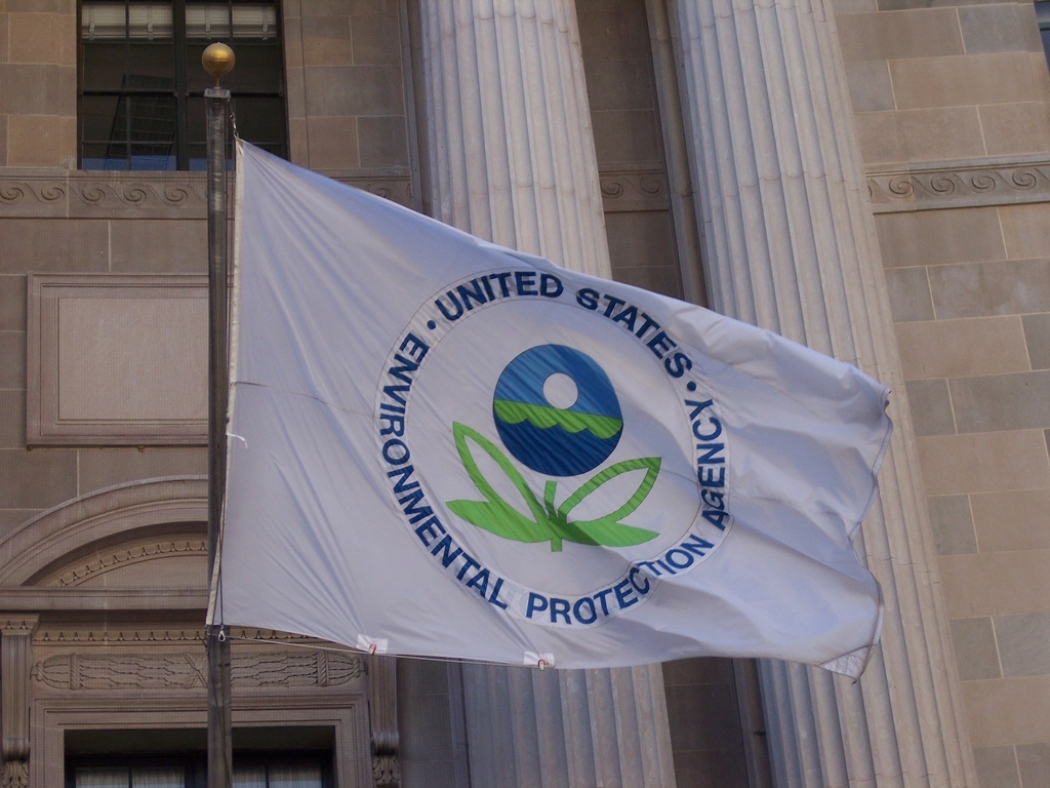Earlier this month, Representative Matt Gaetz (R-FL) proposed a bill to terminate the Environmental Protection Agency (EPA).The bill is co-sponsored by Thomas Massie (R-KY), Steven Palazzo (R-MS), and Barry Loudermilk (R-GA).
The EPA, a federal agency started under the Nixon administration, works to protect human health and the environment across state lines. In 2016, the agency had an $8 billion budget and employed over 15,000 people.
The agency is primarily responsible for writing and enforcing regulations that enact environmental legislation. For example, though it is up to Congress to pass legislation on different types of pollution, it is the EPA who determines how to reach the goals laid out by such laws.
Gaetz and the cosponsors believe that the EPA holds too much power; they hope to abolish the agency in full, leaving environmental issues to state and local governments.
The EPA has “exceeded their original mission substantially under both Republican and Democratic presidents and violated the sovereignty of the states” Gaetz writes. “I think we need a fresh start.” Though details on the bill are not yet available, Gaetz says the agency’s termination would be effective December 31, 2018.
Such a bill is a long shot for Gaetz as a freshman representative. Additionally, abolishing the agency would require repealing a web of interwoven laws. And though Trump hopes to dramatically downsize the EPA, it is doubtful the administration wants to abolish it altogether.
The EPA has already undergone changes under the new administration: a freeze on new contracts and grants, a temporary gag order, and the confirmation of Scott Pruitt as head honcho. But termination of the agency? Doubtful.
Like many of the political headlines since Trump’s inauguration, Gaetz’s bill more about making a statement than enacting a law—and once again environmental deregulation is the rallying point.








